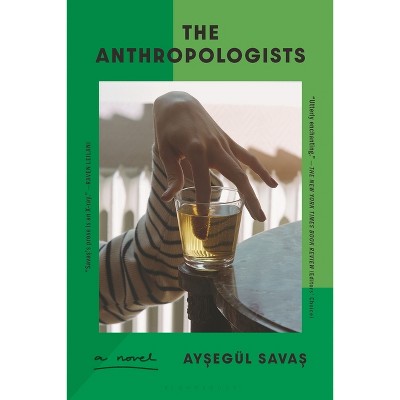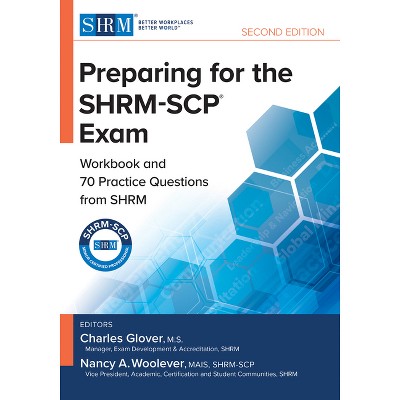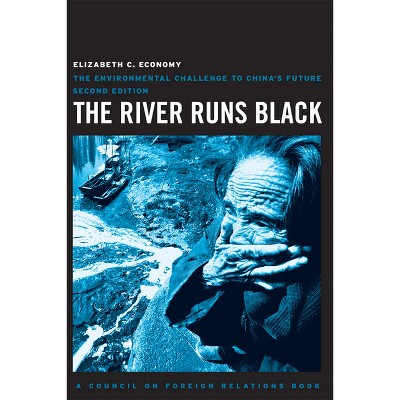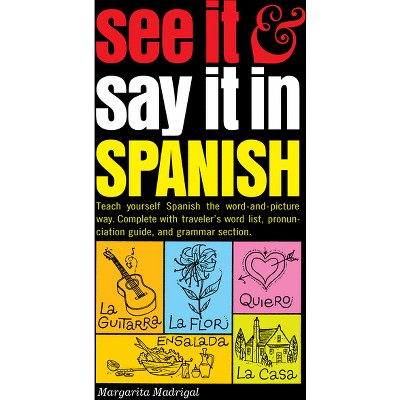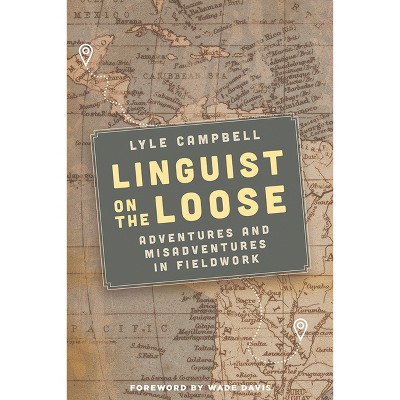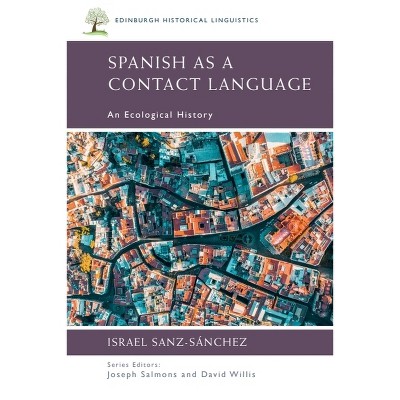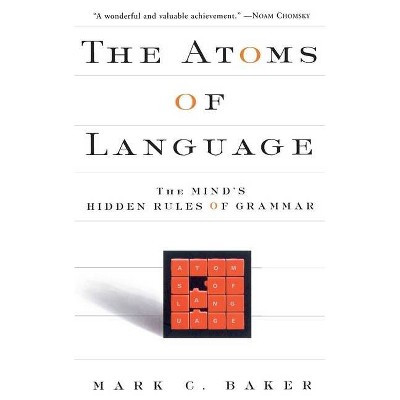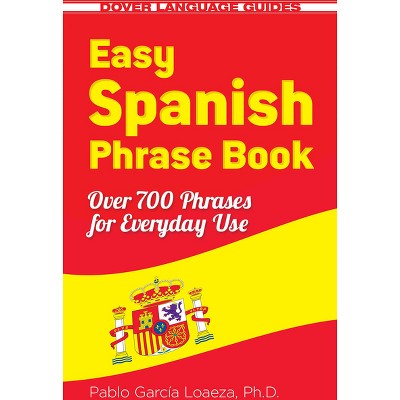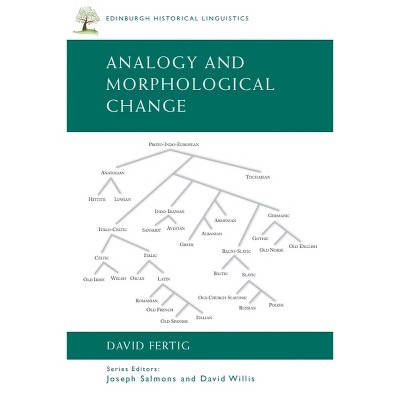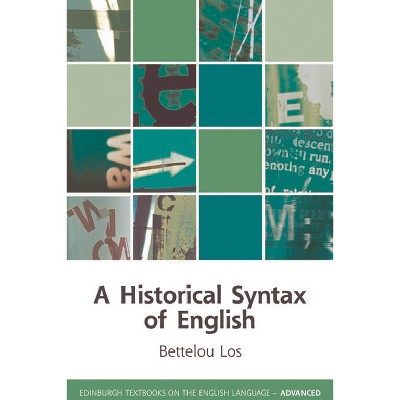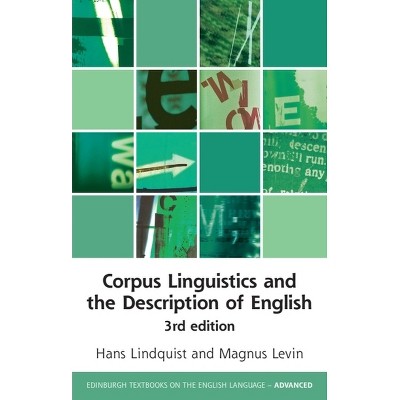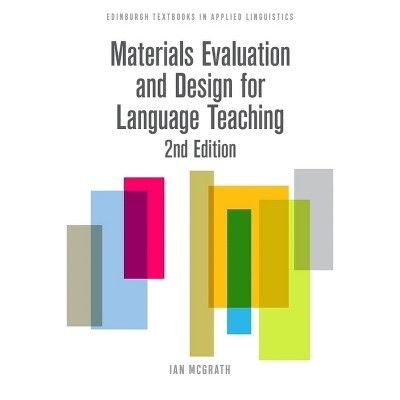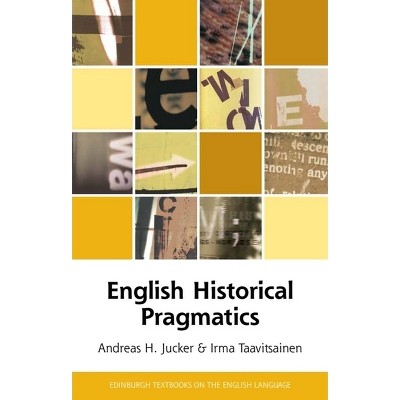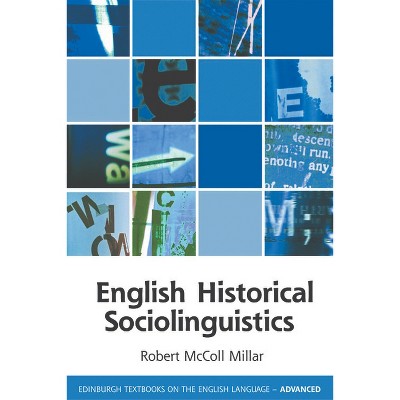Sponsored

Spanish as a Contact Language - (Edinburgh Historical Linguistics) by Israel Sanz-Sánchez
In Stock
Sponsored
About this item
Highlights
- Languages do not exist beyond their speakers, but the history of individual languages has often been told as if they had a life of their own, emerging from other languages, growing and sometimes dying.
- Author(s): Israel Sanz-Sánchez
- 272 Pages
- Language + Art + Disciplines, Language Arts
- Series Name: Edinburgh Historical Linguistics
Description
About the Book
Exploring the role of multiple forms of contact in determining the history of Spanish.Book Synopsis
Languages do not exist beyond their speakers, but the history of individual languages has often been told as if they had a life of their own, emerging from other languages, growing and sometimes dying. When applied to Spanish, this story line commonly begins in spoken Latin, with the language taking shape in medieval Spain before spreading beyond Europe in the colonial period.
This book proposes a new take on this narrative. Instead of seeing Spanish as a linguistic entity with linear development, what would its history look like if we think of it as a centuries-long constellation of contact events? A History of Spanish as a Contact Language revisits the evolution of Spanish from the perspective of the ecology of language, centring speakers as the only historical agents of language transmission and change. Taking the speakers' vantage point opens up exciting possibilities to rethink what Spanish is, how it has changed, and who has played a role in this process.
Review Quotes
Spanish as a Contact Language brings an original perspective by placing explanatory emphasis on the notions of idiolect, cognitive capabilities, and communication between speakers as the source of all forms of language change. As the author notes, he has written this book with a broad audience in mind, from advanced college students with at least some background in linguistics to specialists in the field. These would include not only experts in historical linguistics, dialectal variation, and language contact, but also those interested in the study of sociolinguistics, pragmatics, language typology, and multilingualism.--Carlos Benavides, University of Massachusetts Dartmouth "Hispania"
Shipping details
Return details
Frequently bought together
